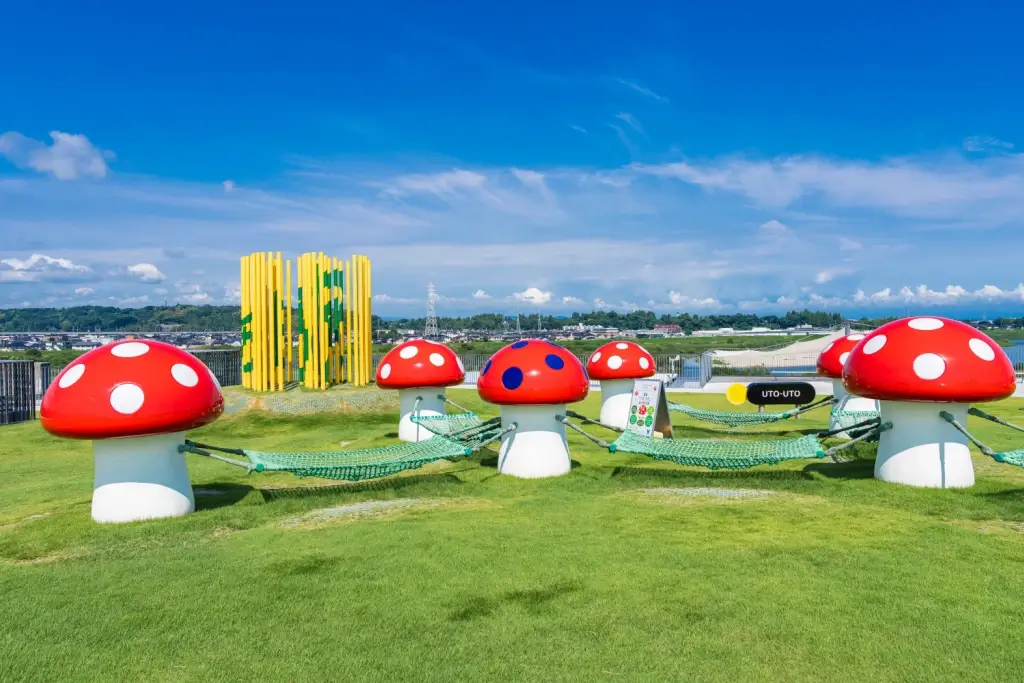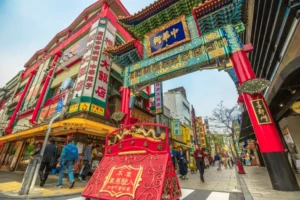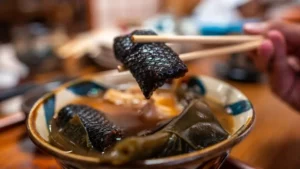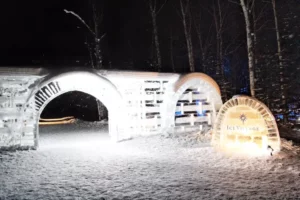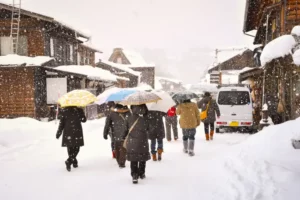Toyama Prefecture is in the Chūbu region on Honshū Island. It is one of Japan’s most exquisite areas, blessed by nature with mountains and the sea. The local economy thrives on tourism thanks to its stunning landscapes, rich cultural heritage, and lively festivals. Let’s explore five must-visit places in this charming prefecture!
Table of Contents
ToggleKurobe Dam
Kurobe Dam is the tallest dam in the country, standing 186 meters high. It was constructed over seven years, from 1956 to 1963. Although its construction was tough, it became a major success. The dam’s hydropower plant helps supply electricity to the Kansai region, making it an important part of Japan’s energy production.
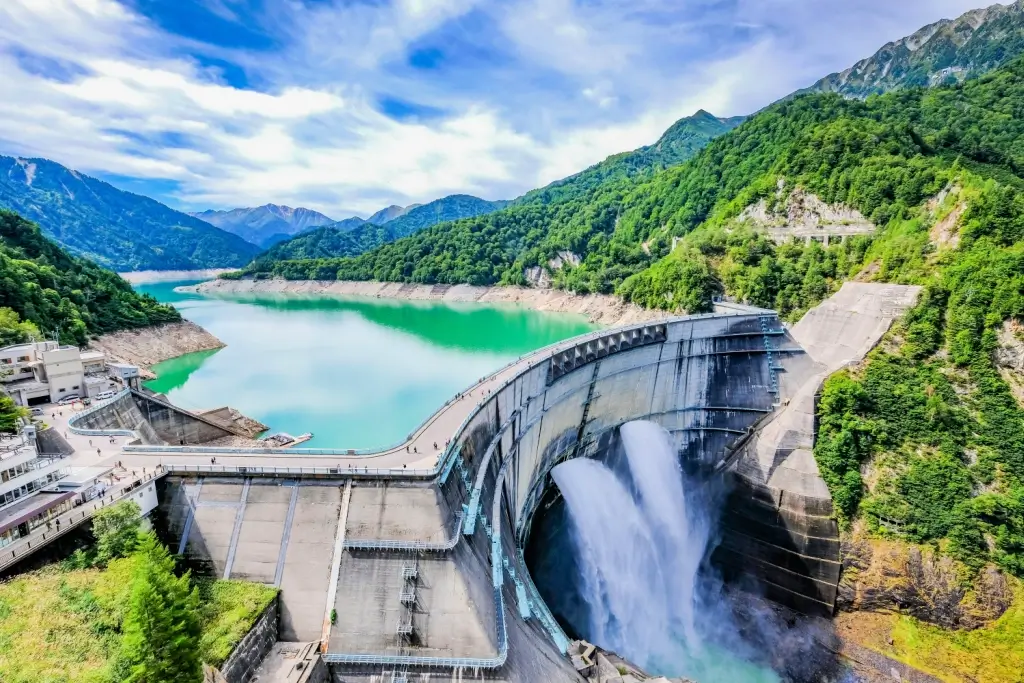
When you visit Kurobe Dam, you can take a scenic walk across the top. You can even reach an excellent observation deck by climbing up steep stairs. From there, you’ll get striking views of the dam, the surrounding mountains, and the sparkling Kurobe Lake. If you visit between late June and mid-October, you’ll have a chance to witness a powerful water discharge. It’s like a giant waterfall pouring from the dam, sometimes creating rainbows in the mist.
For those who enjoy boat rides, you can hop on a sightseeing boat and take a leisurely cruise across Kurobe Lake. This boat ride is considered the highest-altitude boat trip in Japan and lasts around half an hour.
Toyama Glass Art Museum
The Toyama Glass Art Museum is beautiful and is in the center of Toyama City. Opened in 2015, it showcases stunning modern glass artworks worldwide. The building is part of Toyama Kirari, a unique multipurpose space including a library. Designed by the famous architect Kengo Kuma, the museum’s exterior is made from stone, metal, and glass. This design resembles the nearby Tateyama Mountain Range. And inside, the warm wooden panels create a cozy feeling.
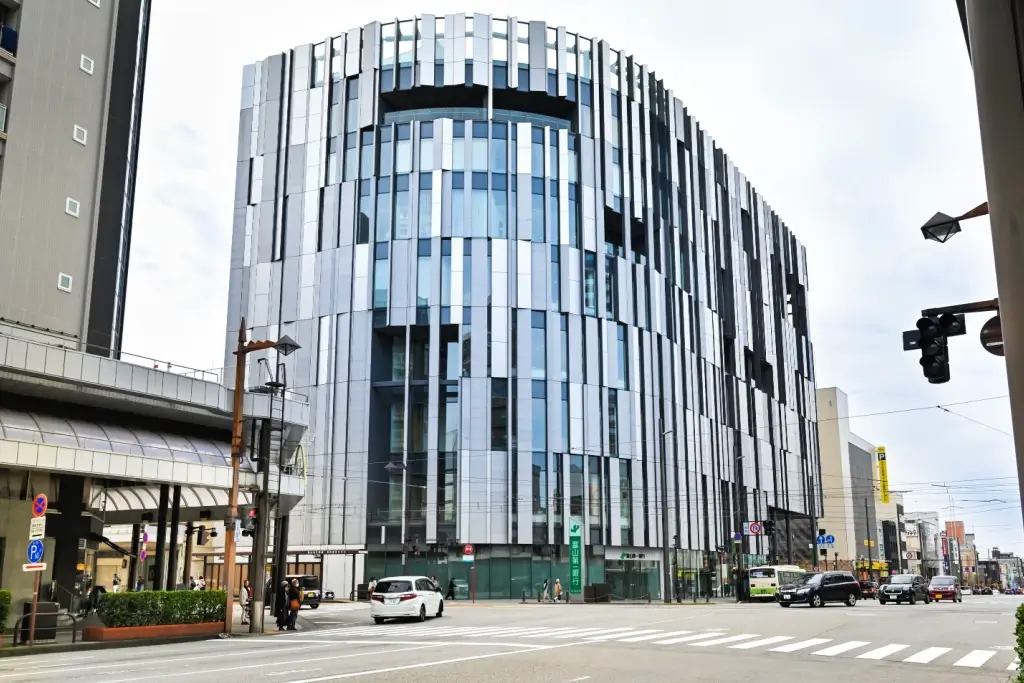
The museum is known for its fantastic glass art collections. On the fourth floor, you can find modern glass pieces collected over the years by Toyama City. The sixth floor is home to the “Glass Art Garden,” created by the renowned glass artist Dale Chihuly. This magical garden is filled with colorful and creative glass installations that will amaze you! Besides these permanent exhibits, the museum hosts special exhibitions featuring many different styles of glass art.
In addition to admiring the art, visitors can enjoy other fun activities. The museum has a cozy cafe where you can relax with a book or chat about the art you’ve seen. There is also a gift shop full of fabulous items like art catalogs, picture books, and original goods from Toyama Kirari.
Are you looking for traditional Japanese snacks? Check out Sakuraco! Sakuraco delivers traditional Japanese snacks, sweets, tableware, and more from local Japanese makers right to your door, perfect for a pleasant snack time at home!
Ainokura Gassho Community
Ainokura Gassho Community is a charming, historical village in the Gokayama region. Located deep in the mountains, Ainokura has preserved its distinctive culture and traditional way of life. The village is famous for its gassho-zukuri houses, which are wooden farmhouses with steep, straw roofs made to handle heavy snow. Some houses are over 300 years old and show a real connection to Japan’s past.
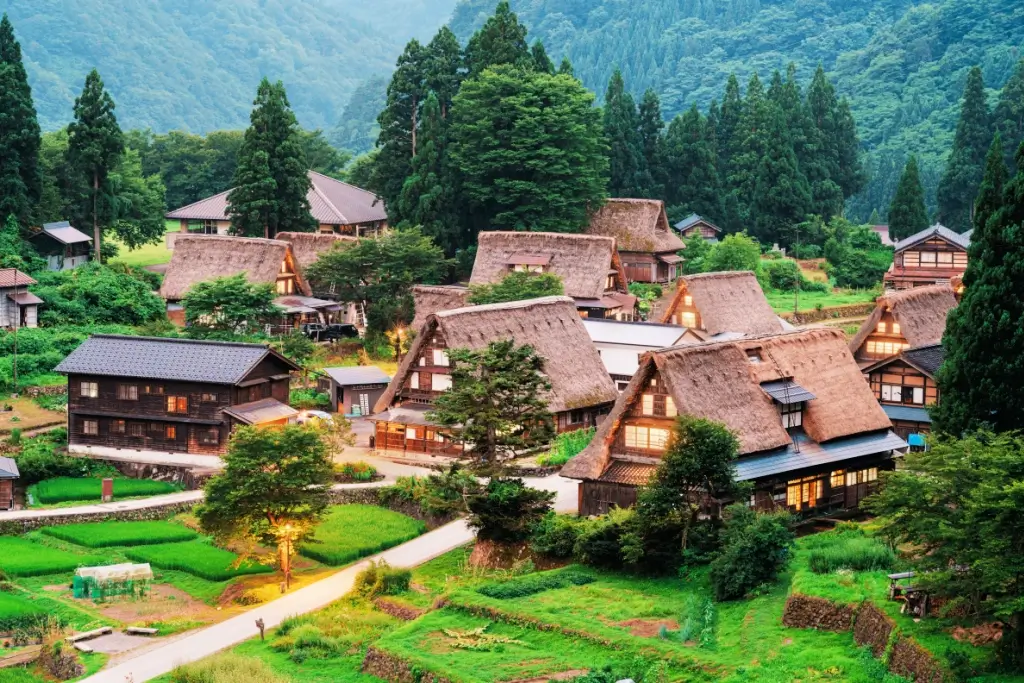
Here, visitors can enjoy folk music and dances, often featuring the local sasara (instrument made from wooden clappers). Ainokura is also well-known for its washi paper, a craft believed to have been brought to the region by Taira Clan’s survivors. You can visit workshops in the village to see artisans making this traditional paper and even try making your own! Furthermore, despite its small size, Ainokura has several museums, shops, and cafes, all housed in gassho-zukuri buildings. In the evening, the park transforms into a magical sight with lights reflecting off the canal, especially around the iconic Tenmon-Kyo Bridge.
Fugan Unga Kansui Park
Fugan Unga Kansui Park is a peaceful park 10-minute walk from Toyama Station. This wide-open park features a picturesque canal that flows gently through the area. One of the park’s highlights is the famous Starbucks, one of the most delightful in the world. In the evening, the park transforms into a magical sight with lights reflecting off the canal, especially around the iconic Tenmon-Kyo Bridge.
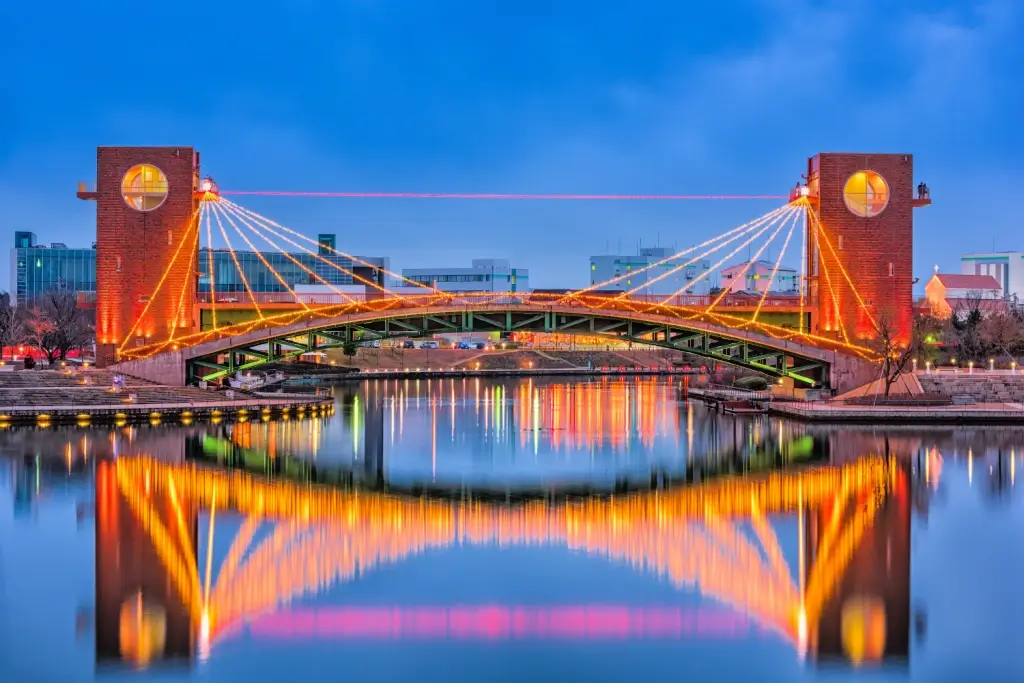
The Tenmon-Kyo Bridge, with its brick observation towers, is a key feature of the park, giving us breathtaking views of the park and the Tateyama Mountain Range. The Tenmon-Kyo Bridge, with its brick observation towers, is a key feature of the park. It offers magnificent views of the park and the Tateyama Mountain Range. The park is also home to Ainoshima, a small artificial island that serves as a bird sanctuary. Moreover, visitors can also take a relaxing boat ride along the canal to Iwase, learning its history.
Fugan Unga Kansui Park hosts various exciting events and festivals throughout the year. In spring, the Kids Festa brings performers, food stalls, and fun for families. During summer, a fireworks festival lights up the sky, while the park is adorned with over 20,000 LED lights in winter.
Tonami Tulip Park
Tonami Tulip Park in Tonami City is a gorgeous spot known for its beloved tulips, the official flower of Toyama Prefecture. The city has a long history of tulip cultivation, dating back to 1918, when it began growing tulips instead of rice. Today, the city is still Japan’s largest producer of tulip bulbs, with over 600 different types of tulips grown here.
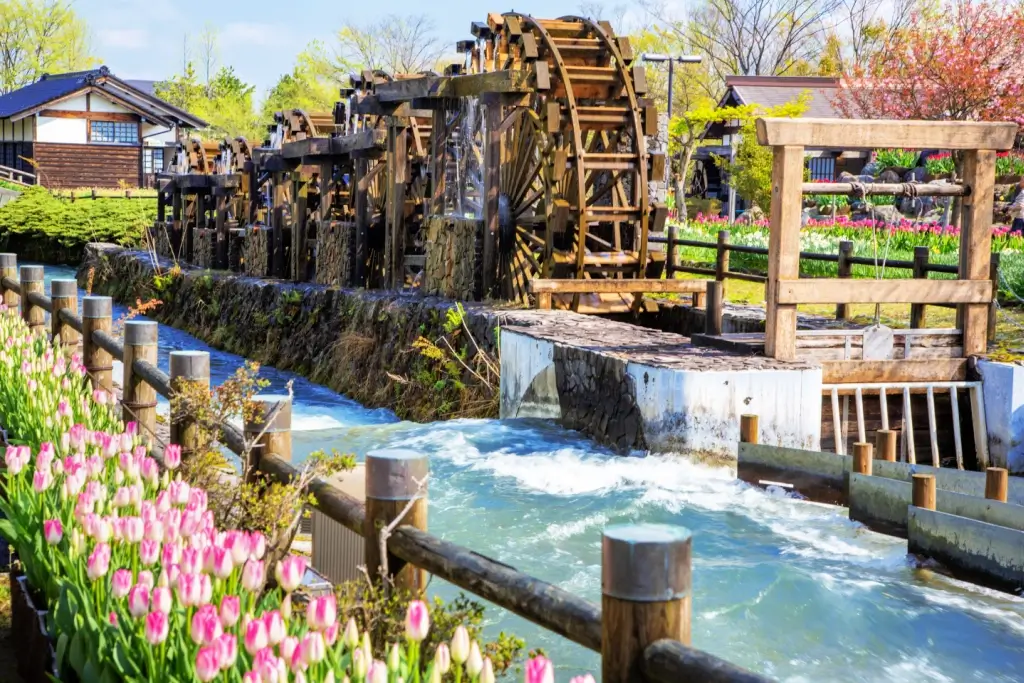
Every spring, from the end of April to the beginning of May, the park hosts the Tonami Tulip Fair. Around three million tulips bloom in a rainbow of colors during this festival. The fair has exciting activities, including live stage performances, flower fashion shows, and workshops to create a tulip bouquet.
Tonami Tulip Park is also cherished for its outdoor flower displays and indoor Tulip Gallery, where tulips bloom all year round. You can learn about the history of tulip cultivation, explore a 360-degree panorama of tulips, and shop for cute tulip-themed souvenirs. Plus, the park’s observation decks offer stunning views of the tulip fields.
Why is Toyama Prefecture so special?
Toyama Prefecture is remarkable because it offers a fantastic blend of natural beauty, rich culture, and memorable experiences. Its mountains, rivers, and old villages can show how people live harmoniously with the land. Also, the local culture isn’t just something to observe; it’s something that’s lived daily, clearly seen in the crafts passed down over generations.
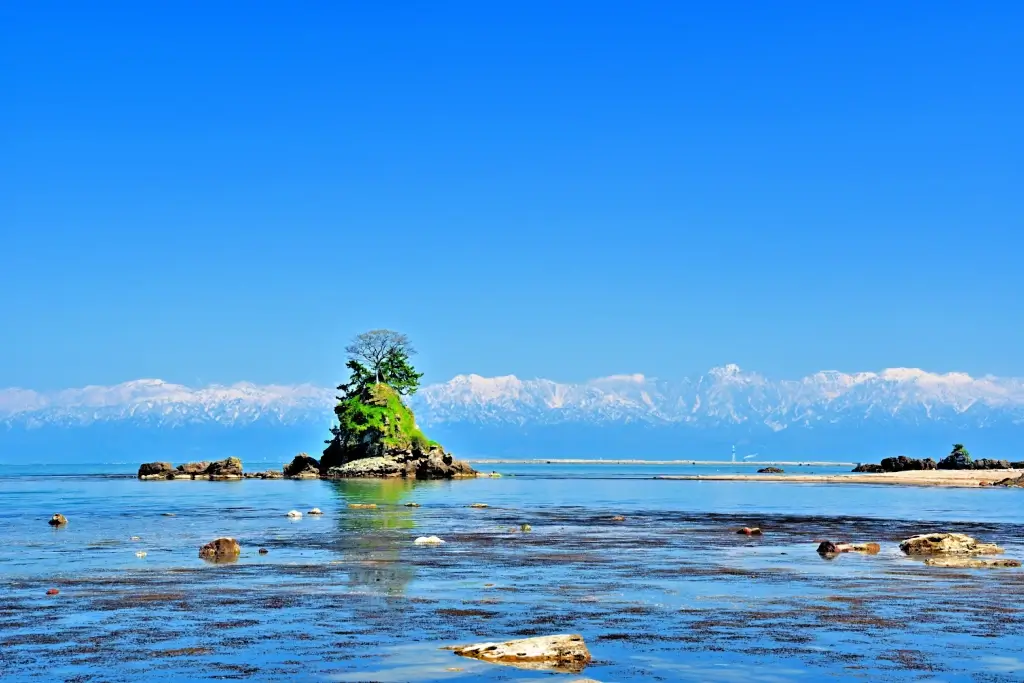
The community spirit here also thrives in numerous traditional festivals and intriguing events. Toyama feels deeply rooted in both the past and the future, making it a place visitors can feel connected to Japan’s spirit. So, where would you like to explore this prefecture first? Share your thoughts in the comments!

